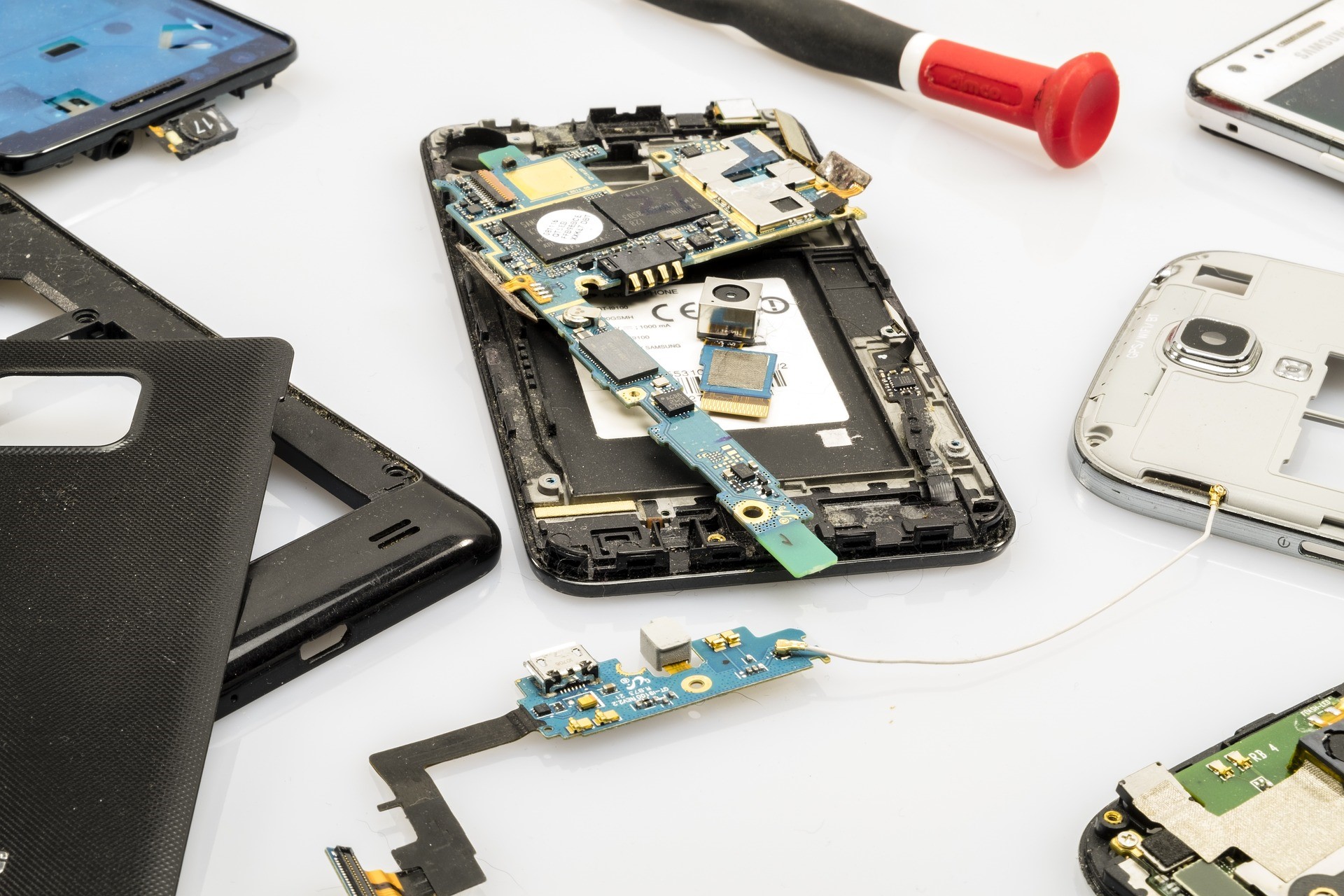
By Heather Hamilton, contributing writer
While many consumers have been defying manufacturer stickers for years, the Federal Trade Commission is now announcing that the consumer is right, at least in some cases. Motherboard reports that even putting the “Warranty Void if Removed” stickers on a product is a violation of the law, let alone actually voiding a warranty if a device is fixed by a third party or even by the consumer. According to Uproxx, the language will also no longer be allowed on company websites.
This is important because, as written, the warranty policies of these companies allows them to charge whatever they want as the sole party able to offer relevant goods and services for your consumer product. They’re also allowed to dictate when and how it might be fixed, which is problematic for most consumers because of things like location, cost, etc. It certainly feels wrong, and the FTC is finally doing something about companies who have yet to change policy.
In a warning letter this week, the FTC informed six companies that such warranty practices are illegal. While the companies remain unnamed, the letter indicated that they market and sell automobiles, cellular devices, and video gaming systems within the United States. Motherboard speculates that Sony and Microsoft are among them, given the obvious stickers on both respective gaming systems. Fortune searched for some of the language quoted in the FTC’s letter and found that it matched language from Sony, Nintendo, and Hyundai, though the companies would not confirm that they had received the letter.
The FTC writes, “Unless warrantors provide the parts of services for free or receive a waiver from the FTC, such statements generally are prohibited by the Magnuson-Moss Warranty Act, a law that governs consumer product warranties. Similarly, such statements may be deceptive under the FTC Act.”
In the press release, the FTC identifies examples of provisions that may violate federal law, which include variations on “Company X’s parts must be used to qualify for warranty” and “The warranty is void if the warranty seal is altered or removed.”
Ultimately, it means that if a consumer buys a vacuum cleaner, takes it to a repair shop, and then ends up returning it, the seller of the vacuum cleaner could not deny a warranty claim because the vacuum had been seen by representatives at another shop. This is true across industries as long as the purchased item amounts to more than $15.
“Provisions that tie warranty coverage to the use of particular products or services harm both consumers who pay more for them as well as the small businesses who offer competing products and services,” says Thomas B. Pahl, Acting Director of the Bureau of Consumer Protection at the FTC.
In the letter, the FTC asked that each company review promotional and warranty materials to ensure compliance with regulations, making revisions where necessary. The companies in question have 30 days, and failure to alter policies and packaging may result in legal action, warns the FTC.
Sources: Motherboard, Uproxx, Fortune, FTC
Image Source: Pixabay
Advertisement
Learn more about Electronic Products Magazine





